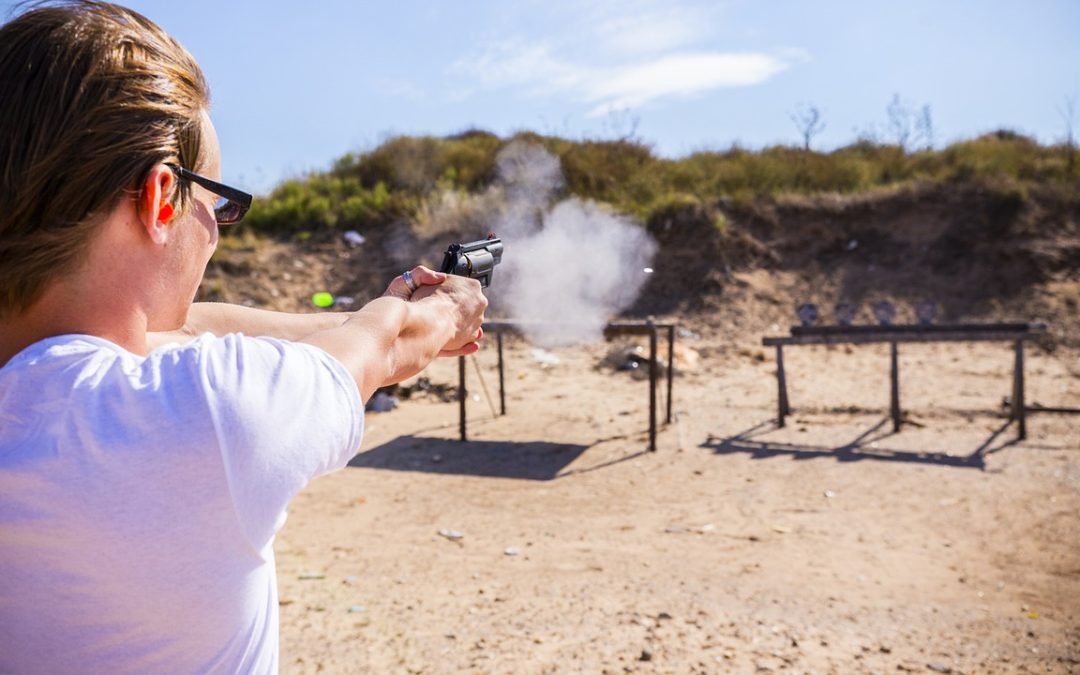Whether you’re a seasoned marksman or a beginner, visiting a gun range can be a fun and educational experience. However, it’s not uncommon for law enforcement to stop by, asking questions about your activities. Knowing how to respond to these inquiries is crucial for both your safety and the exercise of your rights.
Understanding Your Rights
It’s essential to remember that, as a citizen, you have certain rights that protect you from unwarranted intrusions by law enforcement. The Fourth Amendment, for instance, safeguards individuals from unreasonable searches and seizures. Additionally, the Miranda warnings inform you of your right to remain silent and your right to an attorney.
Interacting with Law Enforcement
When interacting with law enforcement at a gun range, it’s vital to prioritize de-escalation and safety. Here are some practical tips to keep in mind:
- Stay calm and composed: Avoid getting defensive or agitated, as it may escalate the interaction.
- Maintain transparency: If asked, provide clear, concise information about your activities.
- Be respectful: Treat officers with courtesy, remembering that they are doing their job.
- Know your limits: Don’t consent to searches or answer questions you’re not comfortable with (more on this below).
Consent Searches and Stop-and-Identify Laws
In some jurisdictions, law enforcement may ask for identification or request to search your belongings. It’s crucial to understand that, without probable cause or a warrant, you have the right to refuse such requests. Remember that consent searches are voluntary – if you’re uncomfortable, you can politely decline. In states with stop-and-identify laws, you may be required to provide identification, but this does not extend to answering further questions or consenting to searches.
“The right to be left alone – the most comprehensive of rights, and the right most valued by civilized men.” – Supreme Court Justice Louis Brandeis
In conclusion, responding to police questions at a gun range requires a delicate balance of safety, de-escalation, and rights assertion. By understanding your rights, staying informed about local laws, and prioritizing respectful communication, you can navigate these interactions with confidence and poise. Remember to stay calm, be respectful, and know your limits – and always prioritize your safety and that of those around you.
The information at Observed.Org may not pertain to every jurisdiction. It is YOUR responsibility to know your rights and observe them. Nothing here should be considered legal advice.

